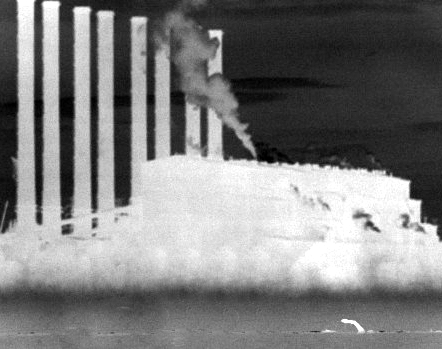Fossil rise seen since Paris
 Most fossil fuel companies have ramped up production since the signing of the Paris Agreement, a new study finds.
Most fossil fuel companies have ramped up production since the signing of the Paris Agreement, a new study finds.
A report from UK-based InfluenceMap has revealed that the majority of fossil fuel companies have increased their emissions in the seven years following the Paris Agreement, contrary to the pact's objectives aimed at reducing global warming.
The report finds that just 57 companies are behind 80 per cent of the world's greenhouse gas emissions.
State-owned Saudi Aramco topped the list, contributing 4.8 per cent to global emissions since the agreement.
InfluenceMap's analysis underscores the significant role of fossil fuel and cement producers in climate change, identifying the top 122 as responsible for three-quarters of global emissions.
“The main objective of the database is really to be an accountability tool, holding these entities to account for the products that they've produced, which are the foremost contributor to global climate change,” says Daan Van Acker, InfluenceMap's program manager.
The report also shows the differing trajectories in coal emissions post-2015, with state-owned companies increasing their output, whereas investor-owned firms have seen a decrease.
This raises questions about the impact of investor pressure on reducing fossil fuel production.
Among Australian companies, BHP, Woodside, Santos, and Whitehaven Coal were mentioned, with three showing increased emissions post-2016. BHP, however, was noted for a significant decrease in emissions.
This revelation comes at a time when climate litigation is on the rise, using data to hold producers accountable for their contribution to climate change.
The report's findings also serve as a resource for investors and campaign groups looking to influence company policies towards more sustainable practices.
In response to the report, Chevron Australia pointed to its commitment to the Paris Agreement's goals, expressing aspirations to achieve net zero upstream emissions by 2050. Similarly, BHP has reaffirmed its ambition to reduce operational emissions by 30 per cent by 2030.








 Print
Print